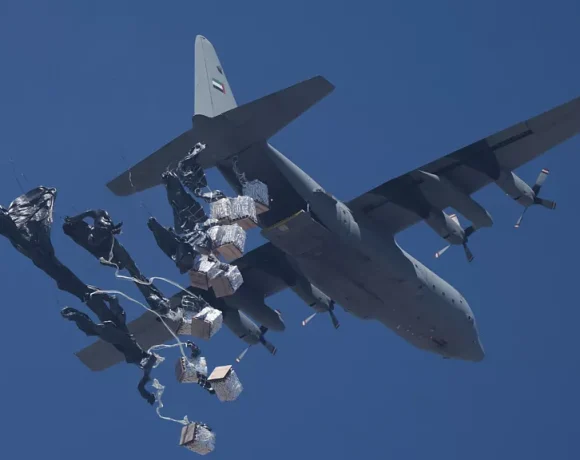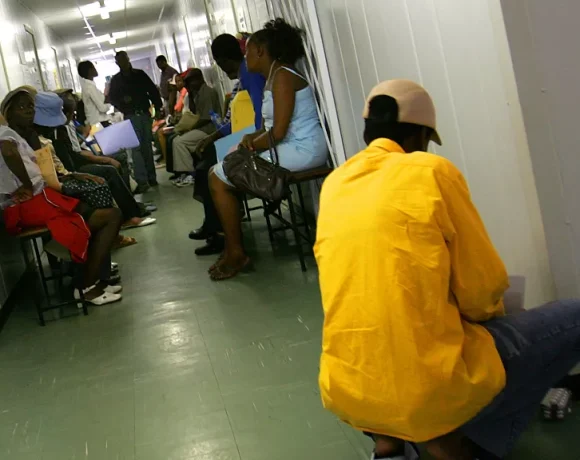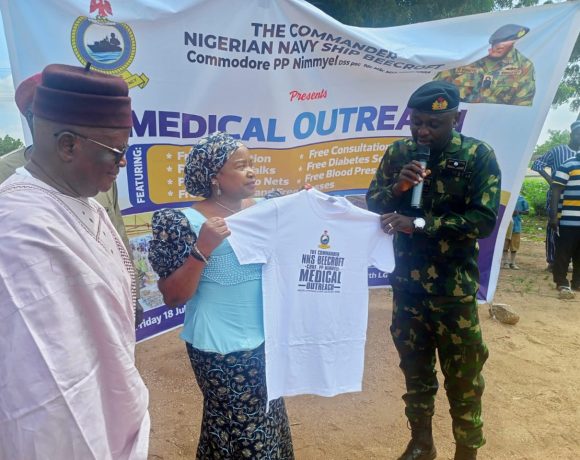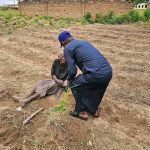Nigeria’s Benue north cries out for global justice against ethnic cleansing
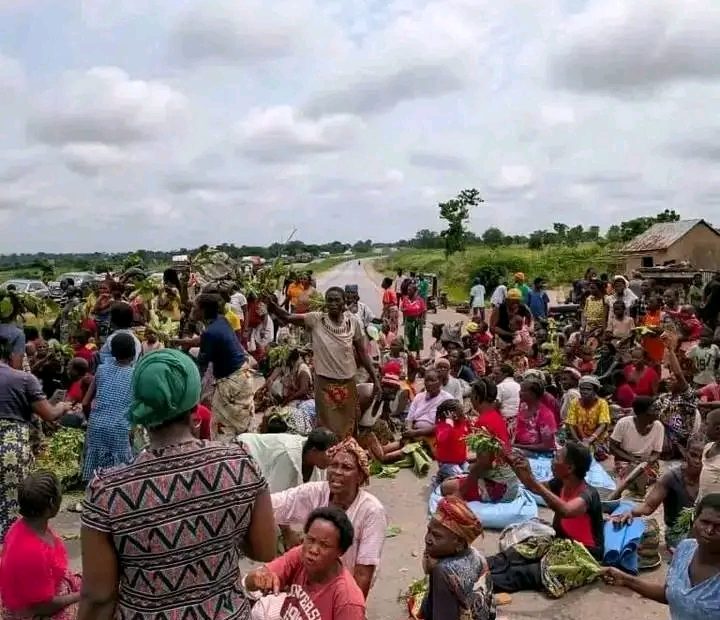
Nigeria
In this narrative of despair and resilience, the hope remains that Benue’s cries will break through the walls of indifference. The global community must heed this plea—not as a distant tragedy, but as a shared human imperative to stop the erasure, to restore dignity, and to protect a vibrant people on the brink of extinction.
In the heart of Nigeria, a silent crisis festers—a ruthless campaign of ethnic cleansing that has raged unchallenged for over a decade, leaving a shattered population in its wake. Benue State, known proudly as the Food Basket of the Nation, has become a living nightmare, where fertile soil and rich culture are drenched in the blood of innocent civilians. The voices of its displaced and bereaved now echo through an urgent international appeal, demanding that the global community step in to halt a humanitarian catastrophe that Nigeria’s federal machinery has shamefully ignored.
Since 2013, Benue State has been under relentless assault by suspected herdsmen terrorists. These attacks have not been random skirmishes but deliberate, strategic attempts to erase entire communities. Over 6,000 lives have been extinguished in this grim campaign of terror, turning villages into graveyards and farmlands into battlegrounds. The year 2024 bore witness to over 200 murders in just six months—mass atrocities in local government areas like Guma, Kwande, Gwer-West, Agatu, and Apa highlight the brutal consistency of this ethnic cleansing.
The recent massacre in Yelewata, Guma, where over 200 people lost their lives, marks a breaking point for Benue’s leaders. Gideon Inyom, leading a coalition of civil society groups, religious leaders, and professionals, stood at an international press conference in Makurdi to sound a harrowing alarm. “This is one too many deaths. One too many mass graves,” he declared, his voice laden with the weight of despair and a call for urgent intervention.
For the displaced, life has morphed into an endless ordeal of suffering in overcrowded camps devoid of dignity or hope. Here, children grow amid trauma, women give birth without medical care, and families subsist on the fringes of survival. These IDP camps—internally displaced person camps—are not sanctuaries but open-air prisons, a grim testament to governmental failure and international neglect.
The Nigerian state’s complicity cannot be overstated. The federal and sub-national governments have either turned a blind eye or actively punished resistance, allowing the carnage to proceed unabated. The silence from Abuja is deafening, a tragic inversion of duty to protect citizens. This abandonment has left the people of Benue vulnerable, shattered, and desperate for a lifeline.
Appealing to the United States, the United Kingdom, and the European Union, the coalition invokes international legal instruments to justify an urgent request for emergency asylum and protected status for displaced Benueans. The 1951 Refugee Convention with its principle of non-refoulement, the Universal Declaration of Human Rights, the OAU Refugee Convention of 1969, and the Kampala Convention of 2009 on the protection of internally displaced persons in Africa collectively provide a solid humanitarian framework. This appeal is not just a plea for help—it is a calculated invocation of international law demanding accountability and action.
Benue’s tragic plight underscores a broader crisis of governance and security in Nigeria. The relentless violence engineered by herdsmen, widely reported yet barely halted, represents a grim pattern of ethnic cleansing designed “not just to displace, but to replace,” as the coalition leaders put it. This is a war of erasure—an attempt to empty the land of its indigenous peoples and strip them of their ancestral heritage.
It is a war fought in the shadows, one that the world must refuse to ignore anymore. The cultural fabric of Benue—woven through generations of resilience, agriculture, and communal identity—is unraveling before our eyes. Unless the international community responds swiftly and decisively, this hemorrhage of human life and spirit will worsen, destabilizing the region and perpetuating cycles of hunger, trauma, and displacement.
The call to action is clear: grant the displaced asylum and protection to preserve their dignity and rights; apply diplomatic and economic pressure on the Nigerian government to end impunity for the herdsmen; and provide humanitarian aid that reaches the most vulnerable survivors in the camps.
This is more than a regional crisis. It is a test of global conscience—of the commitment to uphold human rights and to intervene when millions suffer under ethnic cleansing and systemic violence. Benue’s agony is a clarion call to the world: no community, no matter how remote or marginalized, should be left to bleed in silence.
The stories emerging from Benue are not just headlines or statistics—they are the lived realities of thousands of souls displaced, injured, or killed for simply belonging to a people and a land. The world’s failure to act is tantamount to complicity. In justice and humanity’s name, it must act now


